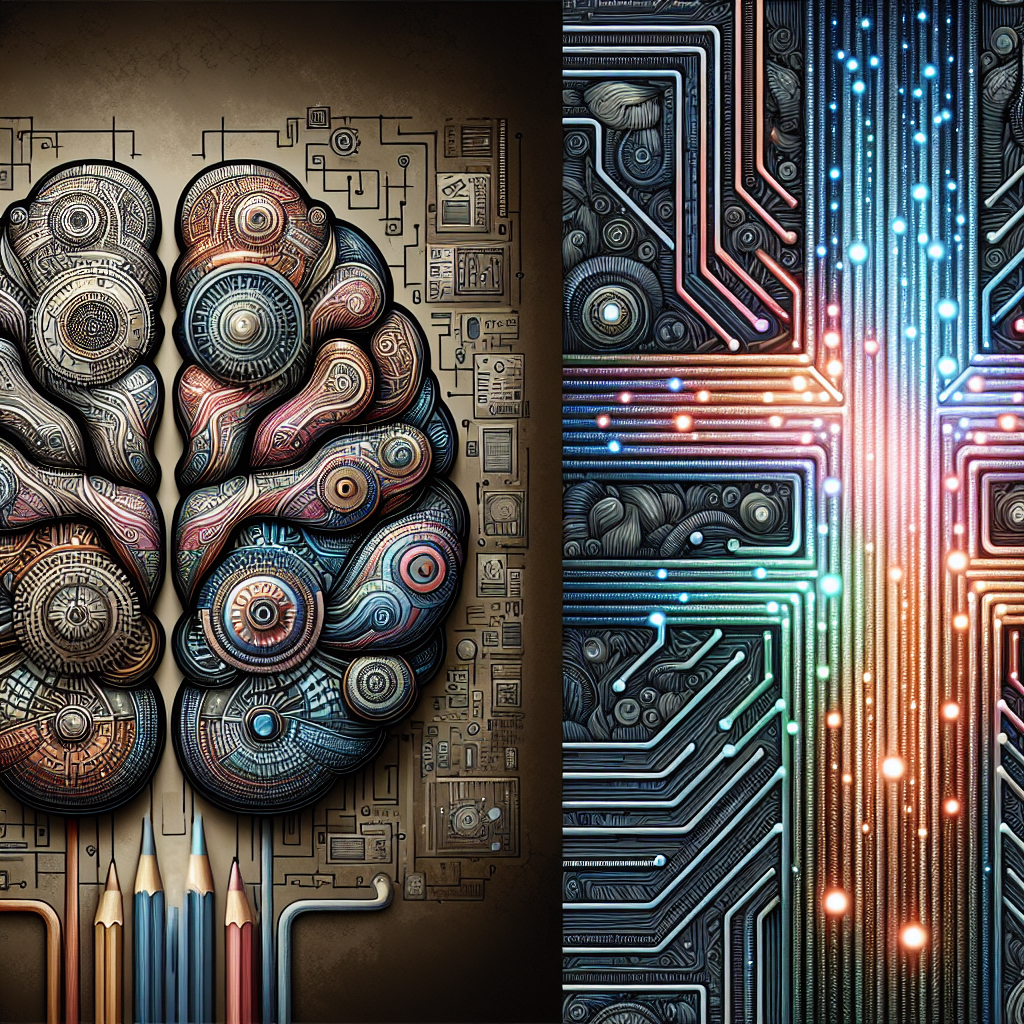In recent years, artificial intelligence (AI) has been revolutionizing the field of education by providing personalized learning experiences for students. One of the most exciting applications of AI in education is the creation of customized learning paths. These personalized learning paths are tailored to each student’s individual needs, abilities, and learning styles, helping them to reach their full potential.
What are Customized Learning Paths?
Customized learning paths are individualized learning journeys that are created using AI algorithms. These algorithms analyze a student’s strengths, weaknesses, learning preferences, and progress to create a personalized curriculum that is best suited to their needs. By taking into account each student’s unique characteristics, customized learning paths can help to optimize learning outcomes and improve academic performance.
How Does AI Create Customized Learning Paths?
AI utilizes a variety of data sources to create customized learning paths for students. These data sources can include assessments, quizzes, homework assignments, test scores, and even biometric data such as eye movements and facial expressions. By analyzing this data, AI algorithms can identify patterns and trends in a student’s learning behavior and performance, allowing them to tailor a personalized curriculum that addresses their specific needs.
AI algorithms can also take into account factors such as a student’s learning style, motivation level, and cognitive abilities when creating customized learning paths. For example, if a student learns best through hands-on activities, the AI algorithm may include more interactive simulations and experiments in their curriculum. Similarly, if a student struggles with a particular concept, the algorithm can provide additional resources and support to help them master the material.
Benefits of Customized Learning Paths
There are several benefits to using customized learning paths in education:
1. Personalized learning: Customized learning paths allow students to learn at their own pace and in a way that best suits their individual needs and abilities. This personalized approach can help to increase student engagement, motivation, and academic achievement.
2. Targeted support: By analyzing a student’s performance data, AI algorithms can identify areas where a student may be struggling and provide targeted support and resources to help them improve. This can lead to better learning outcomes and increased academic success.
3. Flexibility: Customized learning paths can be adjusted in real-time based on a student’s progress and performance. This flexibility allows students to focus on areas where they need the most help and move on to more advanced material when they are ready.
4. Efficiency: Customized learning paths can help to optimize learning outcomes by focusing on the most relevant and important concepts for each student. This can save time and resources by eliminating unnecessary material and ensuring that students are mastering key concepts.
FAQs
Q: How does AI determine a student’s learning preferences and abilities?
A: AI algorithms analyze a variety of data sources, including assessments, quizzes, and test scores, to determine a student’s learning preferences and abilities. By identifying patterns and trends in a student’s performance, AI can create a personalized curriculum that is tailored to their individual needs.
Q: Can customized learning paths be used for students of all ages and abilities?
A: Yes, customized learning paths can be used for students of all ages and abilities. AI algorithms can be adjusted to accommodate different learning styles, cognitive abilities, and academic levels, making personalized learning paths accessible to a wide range of students.
Q: How can teachers and educators incorporate customized learning paths into their curriculum?
A: Teachers and educators can collaborate with AI developers to integrate customized learning paths into their curriculum. By providing input on student progress, performance, and learning goals, educators can help to ensure that customized learning paths are aligned with their teaching objectives and student needs.
Q: Are there any ethical or privacy concerns related to using AI for customized learning paths?
A: While AI can provide valuable insights and support for personalized learning, there are some ethical and privacy concerns to consider. It is important to protect student data and ensure that AI algorithms are transparent, fair, and unbiased in their decision-making processes. Educators and developers should work together to establish clear guidelines and protocols for using AI in education to address these concerns.
In conclusion, AI has the potential to transform education by providing personalized learning experiences for students through customized learning paths. By analyzing a student’s performance data, learning preferences, and abilities, AI algorithms can create individualized curricula that enhance student engagement, motivation, and academic achievement. As the field of AI continues to evolve, customized learning paths are likely to become an integral part of education, helping students to reach their full potential and succeed in their academic endeavors.

